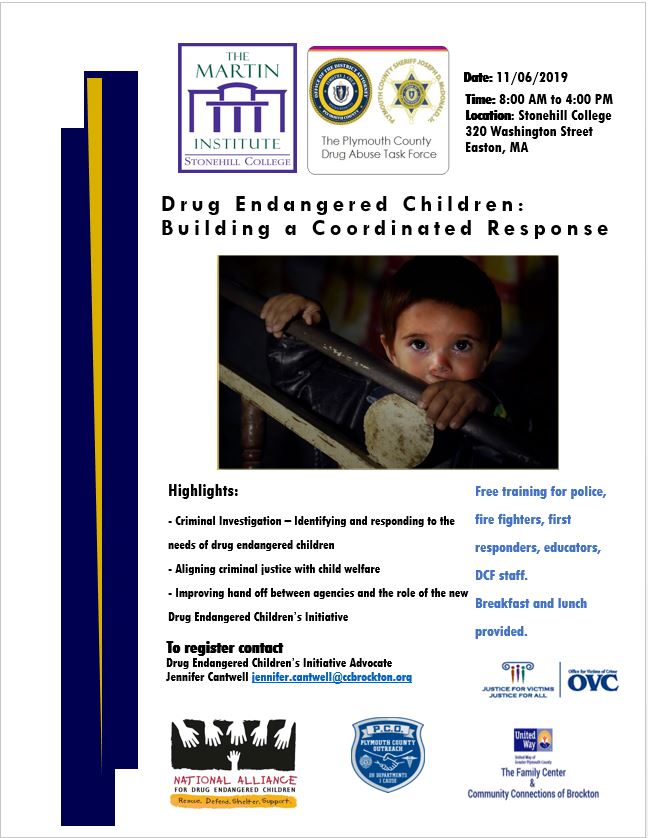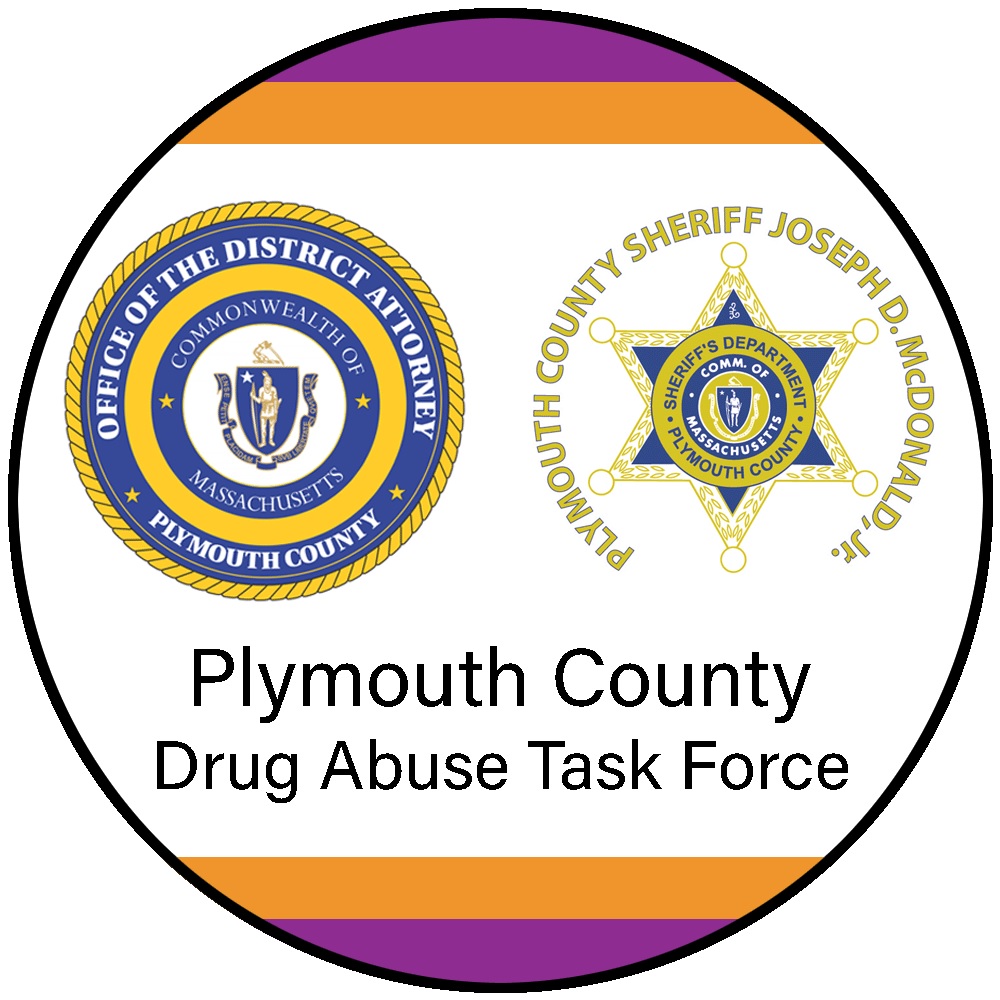
District Attorney Cruz is strongly committed to working with community partners and law enforcement agencies to assist children victims and witnesses of crime. The Childhood Trauma Initiative is focused on working with law enforcement, educators, youth serving agencies, hospitals, and other community partners to help children build the necessary resiliency skills for a healthy development.
The goals of the Childhood Trauma Initiative are to:
- Educate law enforcement, criminal justice departments, educators, youth serving agencies, and other community partners on Adverse Childhood Experiences (ACEs) and how exposure to ACEs impairs the neurological, social, behavioral, and emotional development of youth
- Facilitate collaboration and communication between law enforcement, school departments, and after school program in order to share information regarding children exposed to ACEs
- Train law enforcement on trauma-sensitive police approaches to working with children who are victims/witnesses to crime
- Train providers on creating trauma-sensitive schools and after-school programs
- Train providers on targeted intervention programs for youth most at-risk for future delinquent behavior (addiction, violence, bullying, etc)
The Role of Childhood Trauma in the Opioid Crisis
Drugs are effective coping mechanisms for youth seeking relief from trauma caused by Adverse Childhood Experiences (ACEs).
Research stemming from Dr. Vincent Felitti and the original ACEs Study shows that as ACEs increase, so does the risk youth have in misusing substances, such as intravenous drugs. After youth experience trauma, coping devices, like alcohol, tobacco and opioids are effective means for short-term emotional healing, but lead to long-term risks like addiction.
Through the Educational Subcommittee of the Plymouth County Drug Abuse Task Force we are dedicated to helping children with adverse childhood experiences (ACEs) build resiliency. Children with ACEs are at a higher risk for future addiction compared to their peers. We, as a community, need to pull together to help these children develop healthy coping skills to deal with the trauma they face. We hope that this video will be an additional tool that you can use.
Handle With Care Program Launch
HWC Plymouth- Virtual Launch
Please join District Attorney Tim Cruz, Chief Mike Botieri, Dr. Chris Campbell, Melinda Kneeland and Ed Jacoubs as they announce the virtual launch of the Handle With Care Program in the Plymouth Public Schools.
May 14, 2021
Recent Trainings
BJA /OVC Grantee Meeting
Washington D.C.
December 4-6, 2019
The Opioid Crisis and the Nation’s Youth—Strategies and Solutions to Serve Our Youngest Victims.
In pursuit of the goals of serving and supporting America’s children and youth affected by the opioid crisis, this national meeting—collaboratively hosted by DOJ’s Bureau of Justice Assistance (BJA) and Office for Victims of Crime (OVC)—was held on December 4–5, 2019, in the Washington, DC, area.
More than 275 colleagues from all levels of government and across communities—included justice, victims’ services, and public health—convened to share innovations and best practices, leverage strategies and resources, in pursuit of solutions through presentations and peer engagements.
The Plymouth County Drug Endangered Children’s Initiative (DECI) was invited to present on the skill-building topic of “Successful Partnerships+Strong Collaborations=Safe and Healthy Children”
Conference attendees were comprised of multidisciplinary teams from BJA’s Comprehensive Opioid Abuse Site-Based Program and OVC’s Enhancing Community Responses to the Opioid Crisis: Serving Our Youngest Crime Victims awardees.
Drug Endangered Children: Building a Coordinated Response
November 6, 2019

On November 6th, 2019 approximately 135 police officers, DCF workers, service providers, school staff and court personnel gathered at Stonehill College’s Martin Institute for a training by the National Alliance for Drug Endangered Children.
The training, “Building a Coordinated Response” highlighted the challenges and benefits of collaboration between agencies to identify and assist families impacted by substance use.
The training, sponsored by the Plymouth County Drug Abuse Task Force, opened with remarks by Plymouth County District Attorney Tim Cruz and a data presentation by Stonehill College professor and Executive Director of Kelley Research Associates, Pamela Kelley.
The National Alliance for Drug Endangered Children trainers, retired Lieutenant Eric Nation and Stacee Read, MSW, brought years of experience and different perspectives to the topics of identifying drug endangered children and moving from awareness to action.
After learning how to identify drug endangered children, including how children living in dangerous drug environments can get overlooked, training attendees spent the afternoon working on effective collaboration. Collaboration, information sharing and gathering leads to better decision-making and improved outcomes.
The National Alliance for Drug Endangered Children training was presented as part of the Drug Endangered Children’s Initiative, a collaboration between the Plymouth County Drug Abuse Task Force, Plymouth County Outreach and the United Way of Greater Plymouth County’s Family Center. The DEC Initiative is funded by a federal grant awarded to the Plymouth County District Attorney’s Office from the Office for Victims of Crime.
Agenda
8:00-8:30 am- Registration
8:30-9:00 am- Welcome:
Timothy J. Cruz, District Attorney
9:00-11:15 am- Core DEC Awareness:
“Identifying Drug Endangered Children: A Collaborative Approach“
Learning Objectives:
- Gain Awareness about drug endangered children and the risks they face so tht professions interacting with these victims recognize the need to facilitate multi-disciplinary, collaborative responses to better meetthe needs of these children.
- Understand the many opportunities (often missed) to identify children living in dangerous drug environments and the benefits of intervention at the earliest possible point when endangerment is suspected to reduce physical and psychological harm to children.
- Learn what a multidisciplinary collaborative response looks like and how it incorporates the unique and often limited resources within a community and applies them in a manner that provides better care for drug endangered children.
9:45-10:00 am- Break
11:15-12:00 pm- Lunch
12:00-3:00 pm -The DEC Approach
“Moving from Awareness to Action…”
Learning Objectives
- Gain insight about how our own experience, attitudes, values and emotions impact effective collaboration under the DEC Approach.
- Gain insight about our collaborative partners to decrease frustrations when utilizing he DEC Approach.
- Understand how utilizing collaboration leads to more informed decisions and increased likelihood of better outcomes on behalf of drug endangered children and their families under the DEC Approach.
- Be able to implement changes in identification of children, mandatory reporting, and evidence and information collection in our respective practices on behalf of drug endangered children.
